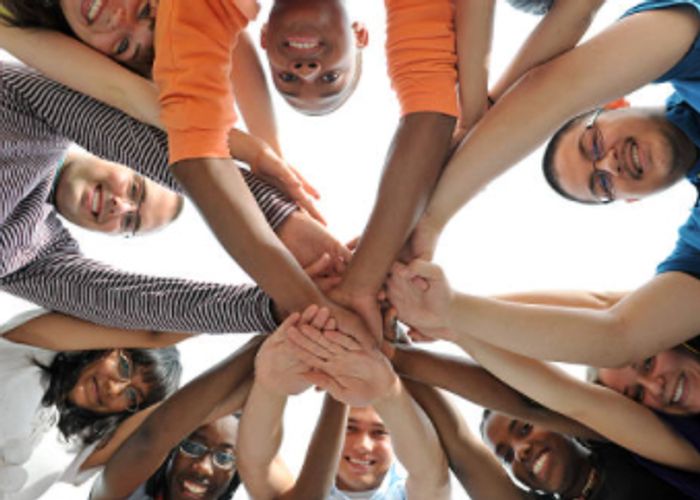Elevate Your Path: Harness Strength, Shape Futures
for System Impacted Youth

Juvenile Justice and Child Welfare Youth
Elevate Your Path: Harness Strength, Shape Futures

Juvenile Justice and Child Welfare Youth

Our amazing team of former and current System Impacted Youth (SIY), juvenile justice, child welfare youth, and Transition Age Youth (TAY) (16-26) will co-create and co-design with your agency, organization, or class innovative programming with transformative practices. We provide tools needed to build capacity, inform programming, educate communities, enhance connections and relationships, and elevate youth and adult ally voices and spirits.
Let's Create Something Impactful and Innovative. Connect with me for more information!

The Mental Mentors are here for other current and former System Impacted Youth (SIY) and Transition Age Youth (TAY), 16-26, who need support. Think you would be a good fit? Please explore our site or connect with me for more information!

Seeing a need for authentic peer-led mental health support for thought partners and stakeholders, including behavioral health professionals and providers at all levels in this area, we formed our organization to provide culturally humble and restorative justice solutions and strategies.

We focus on making the maximum positive effort for our diverse LAC community. Using data-driven models, we provide solutions that make a long-lasting impact.
Even before the COVID-19 pandemic, mental health challenges were the leading cause of disability and poor life outcomes in young people, with up to 1 in 5 children ages 3 to 17 in the US with a reported mental, emotional, developmental, or behavioral disorder. In 2016, of the 7.7 million children with treatable mental health disorders, about half did not receive adequate treatment. In recent years, suicide rates among Black children (below age 13) have been increasing rapidly, with Black children nearly twice as likely to die by suicide than White children.
Systemic racism outside of the child welfare system compounds the effects of systemic racism within the system. Once investigated, children of color are more likely to be removed from their families. Researchers have consistently concluded that race on its own “is an important factor that affects the decision to place children in foster care.” An estimated 5% of White children will experience foster care placement by their 18th birthday, compared to 11.4% of Native American Children and 9.1% of Black children. Once placed in foster care, Black and Indigenous children spend longer than White children, are less likely to reunify with their families, and are more likely to age out of care without a permanent connection to a loving adult.
The nation is watching Los Angeles County with great anticipation and for a good reason. The Los Angeles County Board of Supervisors has set an ambitious and strategic plan for youth justice focusing on health and equity. With each step, the County itself is engaging in a transformation. Will you join us?
Racial disparities exist among mental health diagnoses and treatment in the community and the juvenile justice system. Researchers have found that youth of color are less likely to receive mental health or substance use treatment. Researchers have also found that minority youth receive fewer services than white youths in the foster care and child welfare populations. Among youth served by mental health systems, youths of color are more likely to be referred to the juvenile justice system than white youths. Once in the juvenile justice system, minority youths are less likely to be treated for mental health disorders than white youths.

LA County Zip Codes Most Impacted by Youth Justice System Involvement:
Sign up to hear from us about new resources and events.
Copyright © 2021 - 2025 The Mental Mentors - All Rights Reserved.